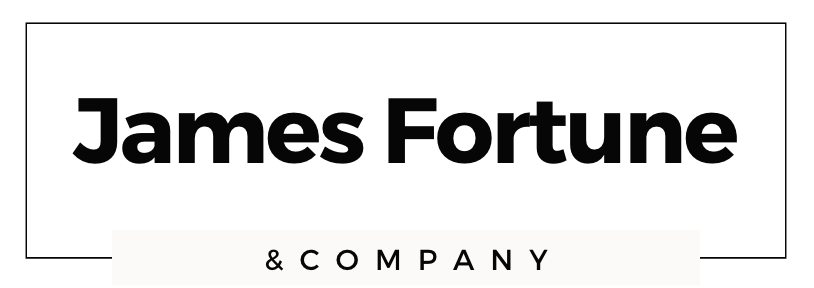The healthcare industry is in a constant state of evolution, driven by technological advancements, changing demographics, and the pursuit of better patient outcomes. As healthcare organisations navigate the complexities of modern healthcare delivery, staying up-to-date with the latest trends is crucial. In this blog, we explore the cutting-edge trends in healthcare management that are shaping the industry’s landscape and propelling it towards a more patient-centric and efficient future.
-
Telehealth and Virtual Care: Telehealth and virtual care have emerged as game-changers in healthcare management. Enabled by advanced technology, these solutions allow patients to access medical consultations, diagnostics, and follow-up care remotely. Telehealth not only enhances healthcare accessibility, especially in remote areas, but also reduces healthcare costs and improves patient engagement.
-
Data Interoperability and Health Information Exchange: Interoperability is revolutionising healthcare management by facilitating the seamless exchange of patient health information between different healthcare providers and systems. Enhanced data sharing ensures comprehensive patient records, improved care coordination, and better-informed clinical decisions, ultimately leading to better patient outcomes.
-
Value-Based Care and Outcome Measurement: The shift from a fee-for-service model to value-based care is gaining momentum in healthcare management. Providers are increasingly rewarded based on patient outcomes and the quality of care provided, rather than the volume of services rendered. This trend incentivises efficiency, care coordination, and patient satisfaction.
-
Artificial Intelligence (AI) and Machine Learning: AI and machine learning are transforming various aspects of healthcare management, from diagnostics and treatment planning to administrative tasks. These technologies streamline operational processes, predict disease patterns, and personalize patient care, enhancing overall healthcare efficiency and accuracy.
-
Population Health Management: Healthcare management is increasingly focusing on population health, emphasising preventive care, health promotion, and disease management for specific groups. By identifying high-risk populations and implementing targeted interventions, healthcare providers can proactively address health issues and improve population health outcomes.
-
Patient Engagement and Shared Decision-Making: Empowering patients to actively participate in their care decisions is gaining recognition as an essential element of healthcare management. Patient engagement initiatives, such as shared decision-making and health education, foster better adherence to treatment plans and lead to improved patient satisfaction.
-
Remote Patient Monitoring and Wearable Technology: Advancements in wearable technology and remote patient monitoring devices enable healthcare providers to monitor patients’ health conditions continuously. These tools facilitate early intervention, reduce hospital readmissions, and enhance patient self-management.
Embracing the latest trends in healthcare management holds the key to unlocking improved patient care, streamlined processes, and cost-effective healthcare delivery. As healthcare organisations integrate telehealth, AI, interoperability, and patient engagement strategies, they embark on a transformative journey towards a healthcare ecosystem that is patient-centric, data-driven, and future-ready. By staying at the forefront of these trends, healthcare management can contribute to better health outcomes, improved population health, and an empowered patient population.




